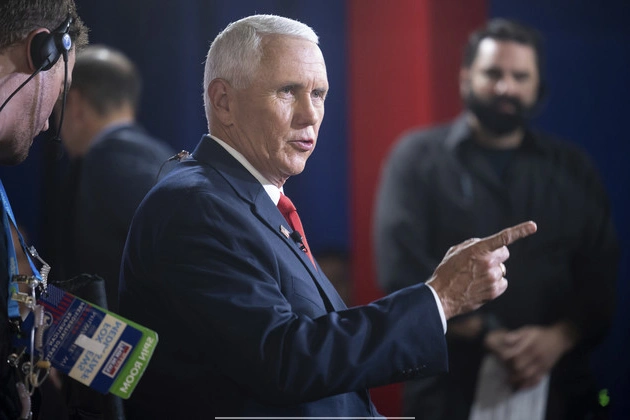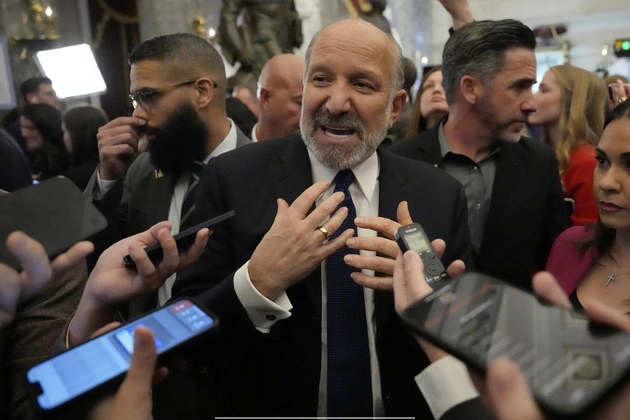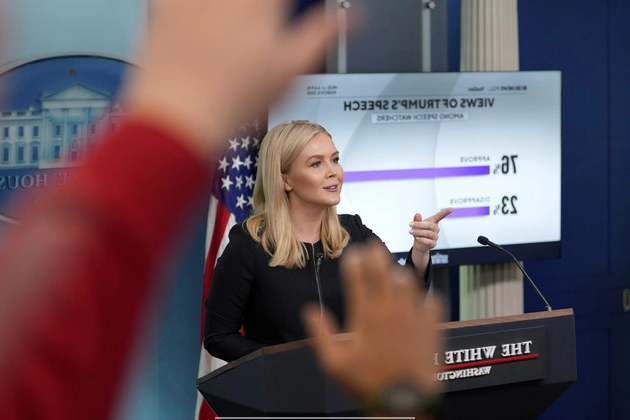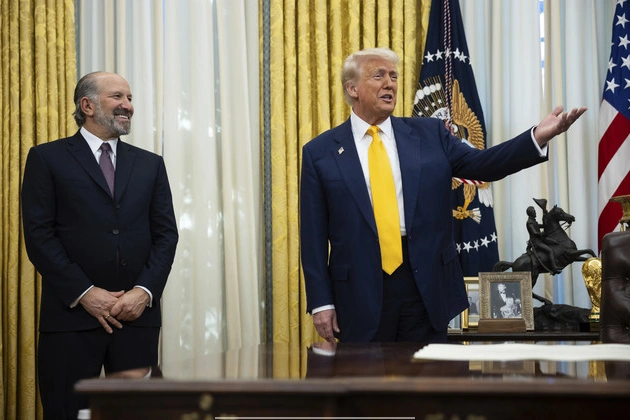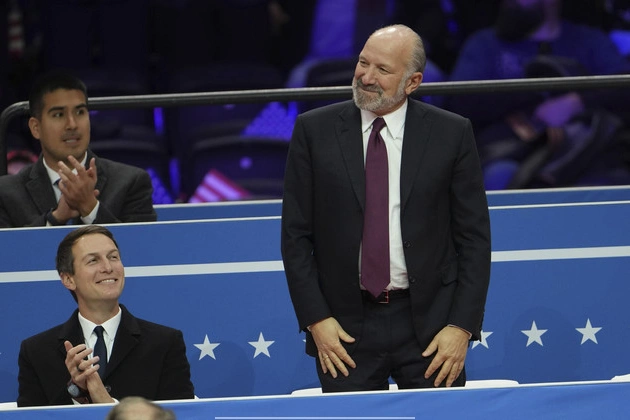
Democrats' Strategy to Question Howard Lutnick's Business Dealings and Wealth
Democrats have devised a strategic approach to scrutinize Howard Lutnick, President Donald Trump’s nominee to head the Department of Commerce. Their focus? Raising suspicions about his substantial personal wealth.
The Interrogation Plan
As Lutnick prepares for his confirmation hearing before the Senate Committee on Commerce, Science, and Transportation, Democratic panel members aim to dissect his business transactions and connections to special interest groups. The objective is to question how these ties could potentially undermine his effectiveness in spearheading Trump’s trade initiatives, including tariffs.
Unveiling Financial Entanglements
A 92-page financial disclosure form reveals the depth of Lutnick’s financial involvements, linking him to over 800 organizations and substantial assets. Of particular concern to Democrats are his financial associations with China and the troubled cryptocurrency entity Tether.
Despite vows to divest from his primary business interests – a commitment echoed by his wife and minor children – Lutnick remains open to the possibility of his adult children retaining connections to these ventures.
Political Maneuvering
The Democratic strategy to scrutinize Lutnick’s financial dealings and portray him as disconnected from ordinary Americans aligns with their broader campaign to sway voters by criticizing Trump’s cadre of billionaire appointees.
Beyond Lutnick, other wealthy figures in Trump’s administration, such as Treasury Secretary Scott Bessent and Education Secretary nominee Linda McMahon, contribute to the Democrats’ narrative of wealthy elites assuming influential governmental roles.
Challenges Ahead
While some Republicans, like Senate Commerce Chair Ted Cruz, dismiss Democratic concerns, questions persist regarding Lutnick’s ties to China and how these relationships might impact his leadership at the Commerce Department.
Of particular interest are Lutnick’s business collaborations with China Credit Trust in Beijing through his financial technology firm, BGC Group. This partnership, coupled with Cantor Fitzgerald’s facilitation of Chinese firms’ expansions in the United States, raises queries about potential conflicts of interest.
Future Policy Directions
Democrats plan to quiz Lutnick on his strategies for managing export controls and tariffs, crucial aspects falling under the Commerce Department’s jurisdiction. With Lutnick’s background in finance, his stance on tariffs – previously unexplored – now emerges as a focal point of contention.
As discussions on tariff implications unfold, Democrats, including Senators Andy Kim and John Hickenlooper, express concerns about the potential economic burden on American consumers. The debate extends to the efficacy of tariffs as a revenue-generating tool and their impact on international trade dynamics.
Bipartisan Perspectives
While not all Senate Republicans fully endorse Trump’s tariff agenda, diverging views on trade policies are unlikely to impede Lutnick’s confirmation process. Senators acknowledge the strategic utility of tariffs as negotiation leverage, citing recent instances where tariff threats influenced diplomatic outcomes.
As Lutnick navigates the confirmation process, he faces a barrage of inquiries from both sides of the aisle regarding his financial entanglements, policy stances, and potential implications for American commerce.







